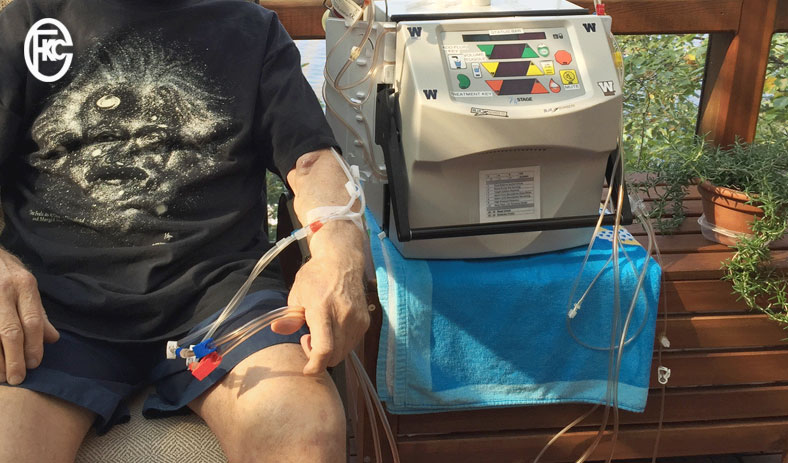
Overview:
A flexible and patient-centered approach for individuals with kidney disease are offered by at-home hemodialysis (HD). Patients treatment can be manage in the comfort of their own homes with a sense of independence for Maintaining kidney health. However, this option comes with specific considerations that patients should keep in mind to ensure safe and effective treatment.
1. Understanding the Process: At-home hemodialysis involves using a dialysis machine to filter waste, excess fluid, and toxins from the blood. Patients typically perform treatments several times a week, either during the day or at night. It is crucial to undergo comprehensive training to understand how to operate the equipment, recognize potential complications, and manage the process effectively.
2. Creating a Suitable Environment: A dedicated space for dialysis is essential. This area should be clean, well-lit, and organized to accommodate the machine, supplies, and any additional equipment needed. Ensuring access to a sink and a comfortable chair can also enhance the overall experience, making it easier to manage treatments.
3. Health Monitoring: Regular monitoring of vital signs, weight, and blood pressure is critical during at-home hemodialysis. Patients should be vigilant about tracking their health indicators and reporting any significant changes to their healthcare provider. Understanding how to manage complications such as infection or access issues is vital for safety.
4. Nutritional Considerations: Diet plays a significant role in kidney health. Patients should work with a dietitian to develop a meal plan that meets their nutritional needs while considering their dialysis schedule. Limiting potassium, phosphorus, and sodium intake can help prevent complications and support overall health.
5. Support System: Having a reliable support network is crucial. Whether it’s family members, friends, or healthcare professionals, having people who understand the challenges of at-home hemodialysis can provide emotional support and assistance during treatments. Regular communication with healthcare providers is also essential to address any concerns or questions.
6. Emergency Preparedness: Patients should have a clear plan for emergencies. This includes having a supply of extra dialysis supplies, knowing when to contact a healthcare provider, and understanding the protocol for handling power outages or equipment malfunctions.
Conclusion:
At-home hemodialysis can significantly enhance the quality of life for individuals with kidney disease, offering both flexibility and comfort. By being informed about the process, monitoring health diligently, maintaining a supportive environment, and having an emergency plan in place, patients can successfully manage their kidney health from home. Embracing this treatment option empowers patients to take control of their health while enjoying the comforts of hom